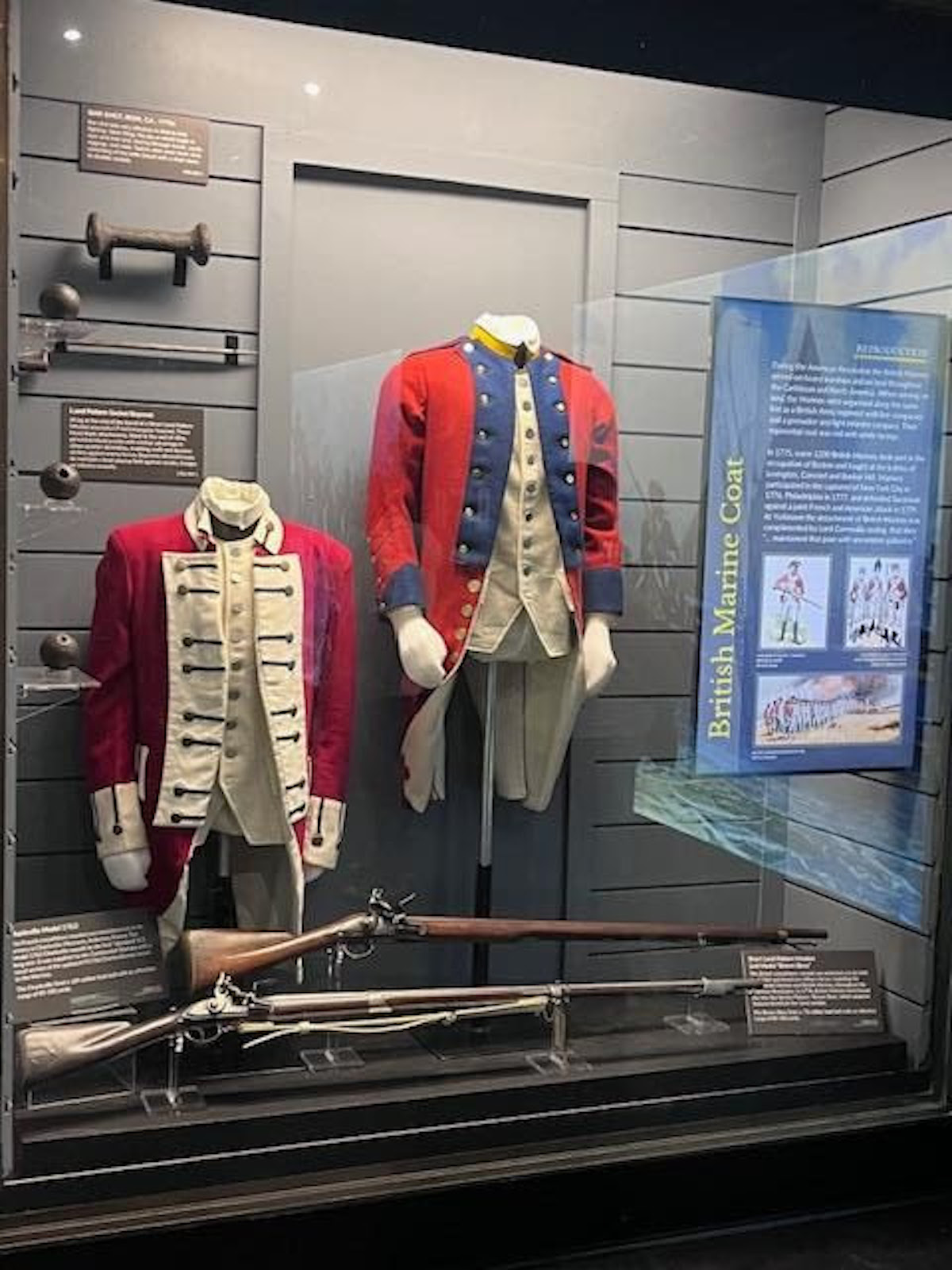From staff reports
The National Park Service (NPS) is seeking the public’s input on the initial findings from its study of South Carolina’s Beaufort National Historic Landmark District (NHLD). The public comment period on the district’s Integrity and Condition Assessment Study will open through March 11 and includes opportunities to submit written comments and participate in public meetings.
The draft study and key findings – completed under contract by LG2 Environmental Solutions, Inc. – identifies the district’s current condition, key threats and development options supporting the district’s long-term preservation. The study also recognizes local preservation success and further recommendations for future preservation efforts.
“The study’s goal is to assess the district’s current health as a national historic landmark and aid stewardship,” said Alesha Cerny, a historian with the National Historic Landmarks Program. “Public input is essential to the process and will help ensure a full range of factors are considered.”
Opportunities for public comment
The NPS welcomes public comments on the draft Beaufort NHLD Integrity and Condition Study prior to finalizing the report later this year. The NPS will host two in-person public meetings with opportunities to provide feedback at 10 a.m. and 6:30 p.m., Wednesday, Feb. 8 at the Beaufort City Hall Municipal Complex, second floor Council Chambers located at 1911 Boundary Street.
Written comments may also be submitted for consideration in the study:
Online (the preferred method): Visit https://parkplanning.nps.gov/beaufort. Select “Open for Comment” on the left menu bar, open the “February 2023 Public Meetings” folder and click on the green “Comment Now” button to access the online commenting form; or
By Postal Mail: Write to Alesha Cerny, Attn: Beaufort NHLD Study, National Park Service, 100 Alabama Street, SW, Atlanta, GA 30303
Written comments on the draft study must be submitted online or be postmarked by March 11 to be considered.
Additionally, NPS will host a series of listening sessions with community members directly involved in the management of the district, including local government officials, business owners, preservation experts and others to gain a greater understanding of their efforts to preserve the district.
About the Beaufort National Historic Landmark District
Designated by the U.S. Secretary of the Interior in 1973, the Beaufort National Historic Landmark District reflects three centuries of history and is significant for its antebellum history and architecture as well as its role in the Civil War and Reconstruction Era.
Having architecture different from that of Savannah and Charleston, Beaufort has preserved a number of distinctive “lowcountry” houses from the 18th and early 19th centuries. Typical houses have two-story verandas and airy, open interiors. Several buildings, foundations and other character-defining elements of the district are built of tabby, an important regional building material composed of oyster shells, lime and sand mixed with seawater.
About the National Historic Landmarks Program
National Historic Landmarks are nationally significant historic places that have exceptional abilities to illustrate and interpret American cultural heritage. The National Historic Landmarks Program, established in 1935, is administered by the National Park Service on behalf of the Secretary of the Interior and is responsible for helping to preserve and protect the almost 2,600 NHLs in the United States.
The agency works with preservation officials, private property owners and other partners interested in nominating properties for National Historic Landmark designation. The program provides states and local communities with technical assistance, recognition and funding to help preserve our nation’s shared history and create close-to-home recreation opportunities.
The NPS is the federal agency charged with monitoring the overall health of NHLs. As stated in the program’s regulations, the NPS is to maintain a continuing relationship with the owners of NHLs. Periodic visits, contacts with State Historic Preservation Officers, reports and other means are used to determine whether landmarks retain their integrity, to advise owners concerning accepted preservation standards and techniques, and to update administrative records on the properties.



